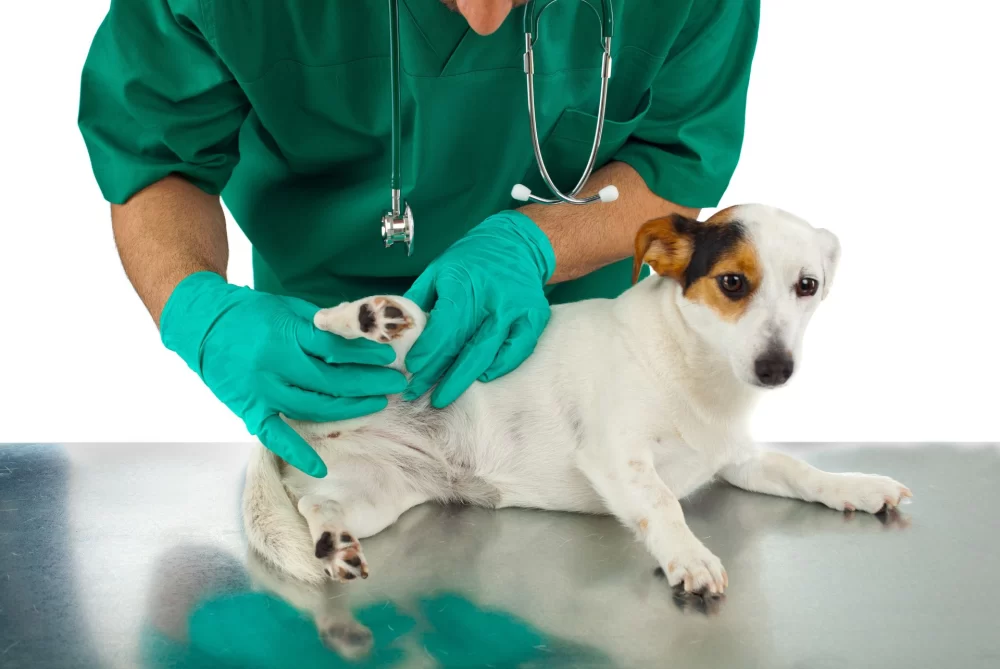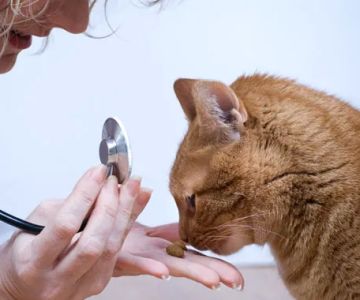What Is a Veterinarian Dermatologist? Understanding Pet Skin Specialists
- 1-Defining-a-Veterinarian-Dermatologist
- 2-Common-Skin-Conditions-in-Pets
- 3-Diagnosis-and-Treatment-Approaches
- 4-Real-Life-Veterinary-Dermatology-Cases
- 5-Why-Consult-a-Veterinarian-Dermatologist
- 6-Finding-the-Right-Specialist-and-Products
1. Defining a Veterinarian Dermatologist
A veterinarian dermatologist is a veterinary specialist focused on diagnosing and treating skin, ear, and nail disorders in animals. These experts undergo extensive training beyond general veterinary medicine to address complex dermatological issues in pets such as dogs, cats, and exotic animals.
They combine medical knowledge and specialized techniques to improve the health and comfort of animals suffering from skin problems.
1.1 Specialized Training
Veterinarian dermatologists complete residencies and board certification, enabling them to perform advanced diagnostics and tailor treatment plans.
2. Common Skin Conditions in Pets
Pets frequently develop skin issues like allergies, infections, parasites, autoimmune diseases, and tumors. Symptoms may include itching, redness, hair loss, and lesions.
Veterinarian dermatologists identify the underlying causes, which can range from environmental allergens to genetic factors.
2.1 Examples of Conditions
Atopic dermatitis, flea allergy dermatitis, yeast infections, and seborrhea are among the typical ailments managed by these specialists.
3. Diagnosis and Treatment Approaches
Diagnosis often involves skin scrapings, biopsies, allergy testing, and microbial cultures. Treatment may include medicated shampoos, antibiotics, immunotherapy, dietary changes, or surgical intervention.
3.1 Personalized Care Plans
Each pet receives a customized treatment approach based on their specific condition, lifestyle, and response to therapies.
4. Real-Life Veterinary Dermatology Cases
One memorable case involved a dog suffering from chronic itching and hair loss. After thorough testing, a veterinarian dermatologist identified a rare fungal infection and prescribed targeted medication, leading to full recovery.
Another case featured a cat with severe food allergies, successfully managed through specialized diets and ongoing dermatological care.
5. Why Consult a Veterinarian Dermatologist
Pets with persistent or complex skin problems benefit greatly from specialist care, as general treatments may not address root causes. Early consultation helps prevent complications and improves quality of life.
5.1 When to Seek Specialist Help
If your pet’s skin issues persist despite standard treatments or if symptoms worsen, a veterinarian dermatologist can provide advanced diagnostics and therapies.
6. Finding the Right Specialist and Products
Choosing a qualified veterinarian dermatologist ensures expert care tailored to your pet’s needs. Additionally, using recommended dermatology products supports treatment effectiveness.
For high-quality veterinary dermatology supplies and medications, exploring trusted sources can enhance your pet’s skin health journey.
If you want to learn more or need specialized veterinary dermatology services, ESPLawyers can connect you with professionals who combine legal and medical expertise to protect pet welfare and ensure responsible care.












